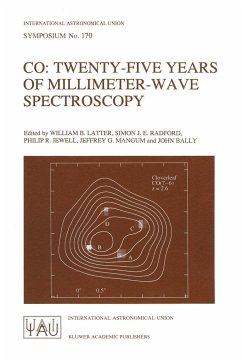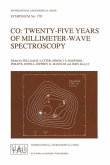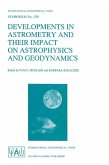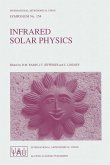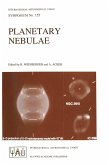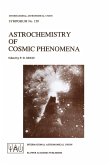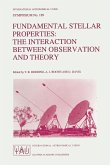Interstellar carbon monoxide (CO) was first detected in 1970 by R.W. Wilson, K.B. Jefferts, and A.A. Penzias through observations of its lowest rotational transition at 2.6 mm wavelength. This discovery opened the door to a profound new understanding of several diverse yet related fields, including the phases of the interstellar medium, the initial and final phases of stellar evolution, the chemistry of dense and diffuse interstellar matter and of the solar system, the structure of the Milky Way galaxy, and the content and structure of other galaxies. These are among the most fundamental research areas in astrophysics, and spectroscopic information about CO and other molecules serves as a primary tool of investigation. Continuing developments in instrumentation will further increase the power and utility of millimeter and submillimeter-wavelength molecular line spectroscopy. The twenty-fifth anniversary of the detection of CO was an opportunity for researchers from all branches of millimeter-wave astronomy to gather and review progress and future directions. These Proceedings discuss the state of the field and consider important unanswered questions.
Bitte wählen Sie Ihr Anliegen aus.
Rechnungen
Retourenschein anfordern
Bestellstatus
Storno

